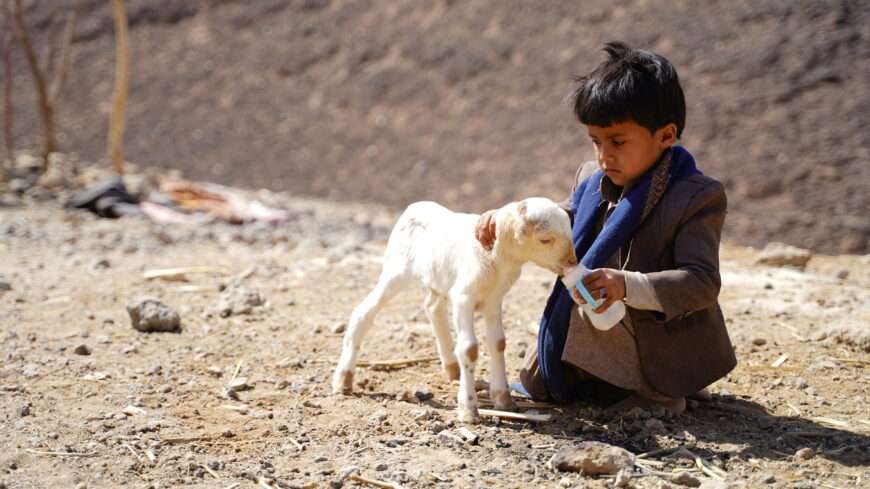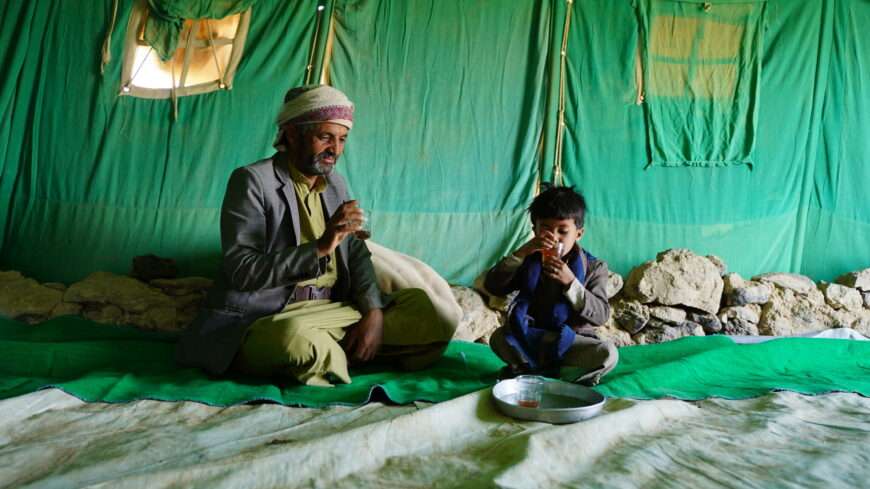In reaction to today’s UN 2023 Global Humanitarian Outlook report, revealing that 339 million people are in urgent need of humanitarian aid – the highest caseload in history – Oxfam’s Global Humanitarian Director, Marta Valdes Garcia said:
“One in every 23 people around the world –the equivalent of nearly half of the entire population of Europe– is now in urgent need of humanitarian aid. This news must be an immediate wake-up call.
“The humanitarian needs are outstripping the aid system’s ability to respond. We have to rethink not only how we try to meet those needs, but what the failures are of global systems that are leading to such rapidly growing inequality in the first place.
“Humanitarian aid is flatlining but, again, we’re seeing the UN appealing for even more resources, from the same pool of donors, to help even more desperate people trying to cope in crisis. Again, those most in need will receive only a pittance of what they are asking for.
“The global humanitarian system is already overwhelmed. We know that people are being made homeless, hungry and sick by climate change, conflict, poverty and inequality, and economic failures – but these are not isolated issues, they’re the same endemic crises.
“We must not wait any longer. We need a radical overhaul of how our global systems work, putting the dignity and rights of people in crisis first.
“We must both immediately respond to this unprecedented humanitarian need and find ways to change a runaway global financial system where the few are benefitting at the cost of the many. How can we have hundreds of new food and energy billionaires yet we cannot fund basic humanitarian needs to stop millions of people from starving?
“Donors must immediately meet the UN global humanitarian appeal to help save lives now. Funding to prevent disasters should have no strings attached; and to nip escalating crises in the bud, decisions and actions must be led by local communities themselves.
“National governments must also tackle the root causes of poverty and inequality that worsens the blow of disasters on those already suffering. One key way this can be done is by injecting resources into global public goods, from climate adaptation to social protection.
“There is already so much insight into what a new global system could be – at heart, by tackling global inequality, climate change and conflict, and focusing on local leadership. What is dismally lacking is the political courage.”
Notes to editors
Since 2016 Oxfam, together with 60+ INGOs, UN Agencies, and donor governments, has committed to putting communities and local leaders at the heart of humanitarian responses and to making the humanitarian system more efficient and effective. Together with 50+ NGOs we have signed this joint statement in reaction to this GHO report.
Learn more: Hunger in a Heating World





